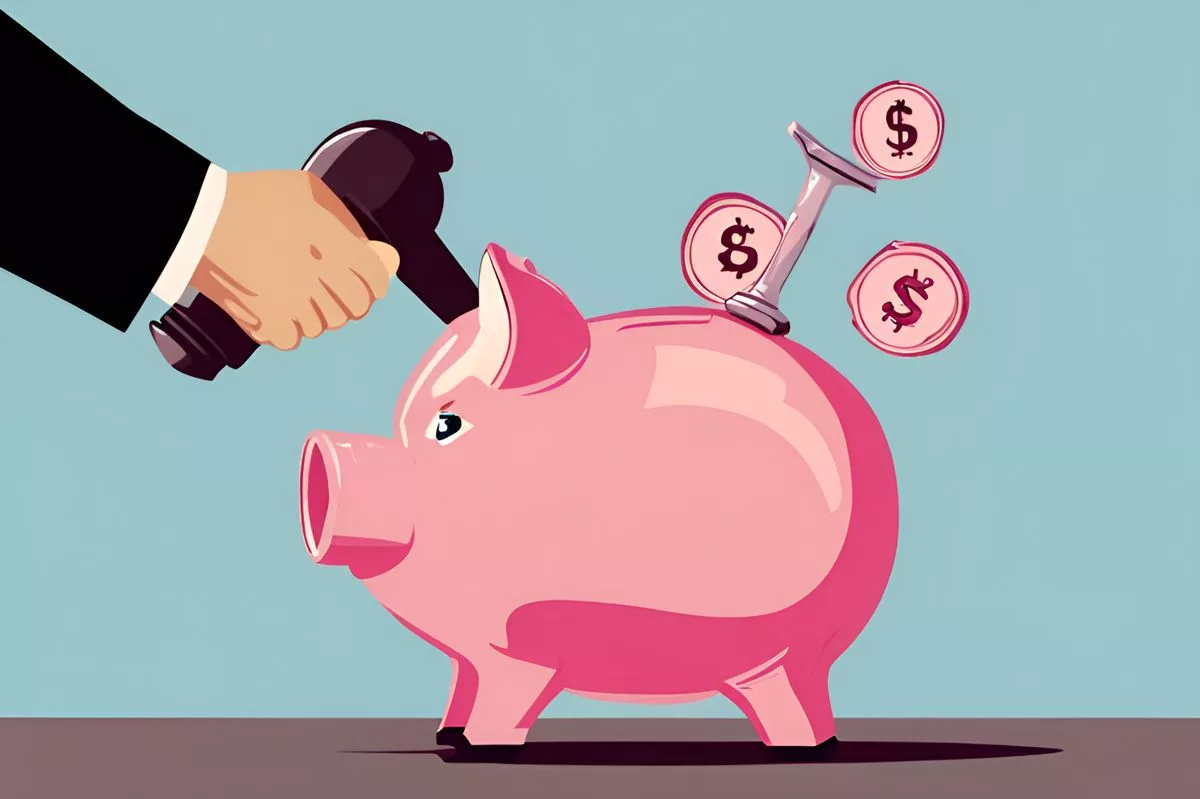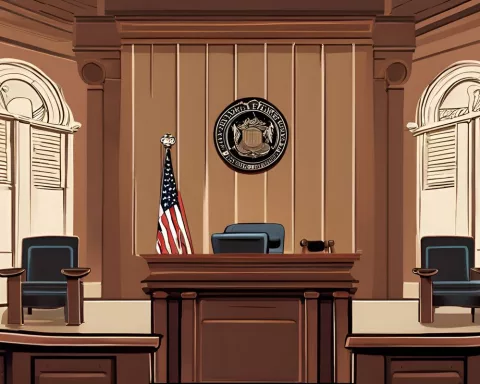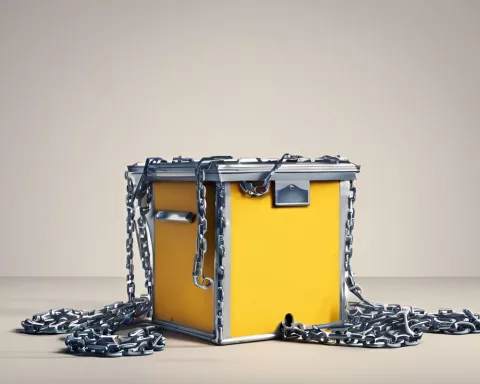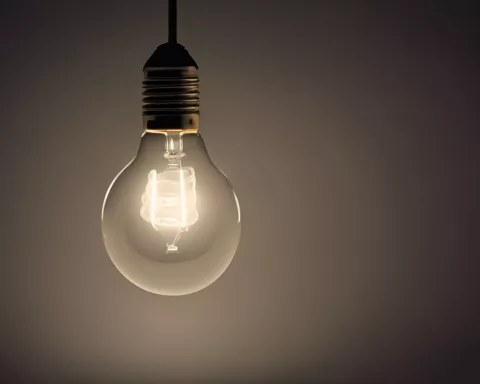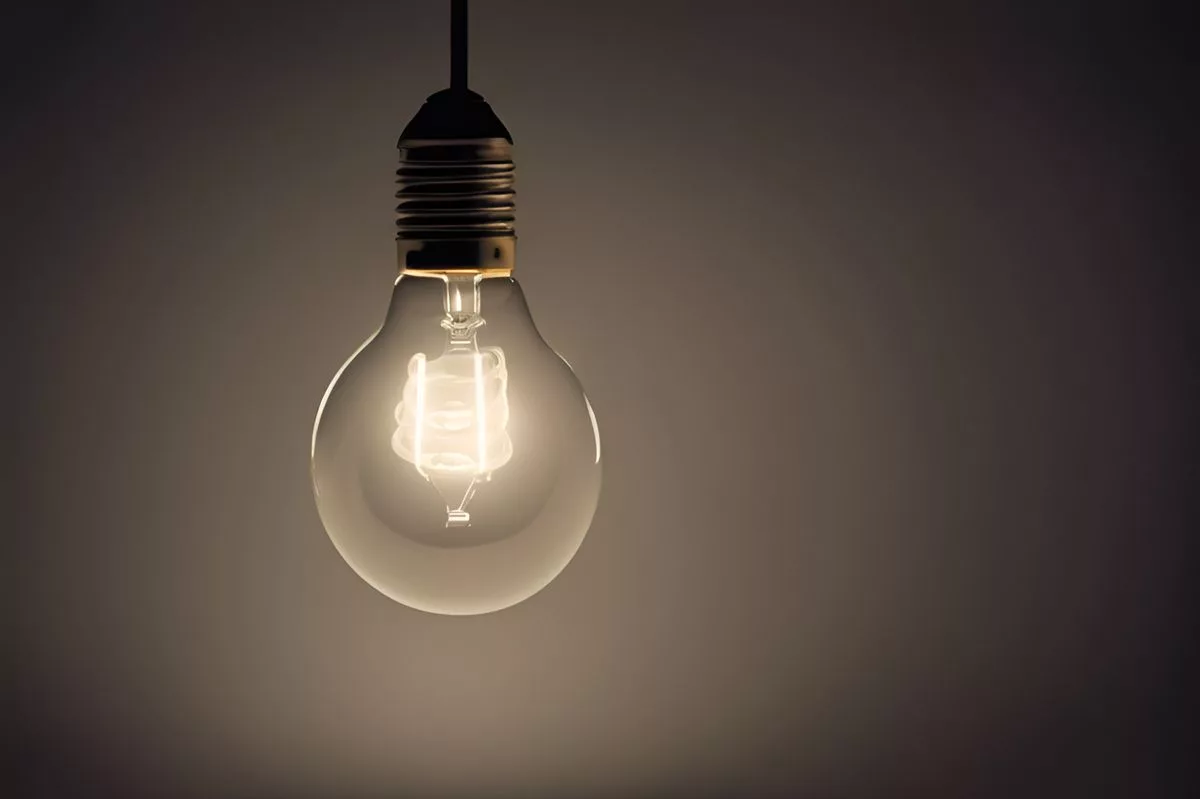Former South African President Jacob Zuma is facing legal action to recover R29 million in state-backed legal charges related to his corruption trial defense. The legal proceedings were initiated by the State Attorney and Presidency in compliance with a directive from the Supreme Court of Appeal. The case raises concerns about taxpayers funding personal legal battles and the principles of public accountability. The legal maneuver aims to ensure the reimbursement of all expenses personally shouldered by Zuma during the criminal prosecution and associated legal procedures.
A Brewing Legal Storm
Former South African president Jacob Zuma faces legal action to recover R29 million in state-backed legal charges related to his corruption trial defense. The State Attorney and Presidency initiated legal proceedings in compliance with a directive from the Supreme Court of Appeal. The case raises questions about the responsibility of taxpayers to fund personal legal battles and the ethical principles of public accountability.
A Brewing Legal Storm
The former president of South Africa, Jacob Zuma, currently finds himself in the eye of a mounting legal storm. In a bold move initiated by the State Attorney and Presidency, a legal process to recover a whopping R29 million in legal charges linked to Zuma’s corruption trial defense is underway. The decision to pursue this course of action springs from a directive issued by the Supreme Court of Appeal (SCA) two years prior, instructing the State Attorney to collect the state-backed legal costs extended to Zuma.
The roots of this legal maneuver can be traced back to the SCA’s directive targeting the State Attorney, mandating the reclamation of state-sponsored legal expenditures that had been granted to Zuma. The staggering sum under scrutiny, which amounts to R28,960,774, exceeds President Cyril Ramaphosa’s initial estimates by a hefty R10 million.
Unveiling Hidden Costs
In an attempt to clarify the discrepancies present in the demand letter, State Attorney Isaac Chowe disclosed additional costs totaling R10,699,426.62. According to a report by The Citizen, Chowe stated that the preliminary total sum of R18 261 347.72, mentioned in the letter of demand, was based on the record of payments that could be tracked at that time. Nonetheless, a thorough analysis and verification of the payment records during the application’s preparation uncovered further funds spent on Zuma’s behalf, adding up to R10,699,426.62.
The objective, as elucidated in the submission at Gauteng High Court in Pretoria, is to ensure the reimbursement of all expenses personally shouldered by Zuma during the criminal prosecution and associated legal procedures.
Legal Backstory and Political Reactions
The backstory to this legal drama discloses that between 2006 and 2008, Zuma utilized the services of the State Attorney for covering his legal costs. However, a subsequent ruling by the high court established that the state was not required to shoulder these costs and that it was up to Zuma to foot the bill.
Both the Democratic Alliance (DA) and the Economic Freedom Fighters (EFF) parties expressed their displeasure with Zuma’s attempt to appeal at the SCA. In turn, the SCA criticized the State Attorney and Presidency for providing Zuma with an unchecked financial resource for his private legal counsel.
In a hard-hitting 2021 verdict, the SCA highlighted the lack of transparency in granting Zuma state-backed legal aid. The court emphasized that taxpayers should not bear the burden of Zuma’s personal legal battles. Despite Zuma’s insistence on his innocence, his request for extensive state funding has been met with a legal counterstrike.
Ethical Implications
This case, however, goes beyond a mere financial dispute. It brings into focus the ethical principle of public accountability. The controversy questions the use and scope of state resources for private battles, triggering a wider debate on the precedent it sets for future leaders. As the case unfolds, it will undoubtedly attract the attention of not just South Africa, but the world at large.
What is the legal action against former President Jacob Zuma?
Former South African President Jacob Zuma is facing legal action to recover R29 million in state-backed legal charges related to his corruption trial defense. The State Attorney and Presidency initiated legal proceedings in compliance with a directive from the Supreme Court of Appeal.
Why is the legal action being taken against Zuma?
The legal action is being taken to ensure the reimbursement of all expenses personally shouldered by Zuma during the criminal prosecution and associated legal procedures.
What are the ethical implications of the case?
The case brings into focus the ethical principle of public accountability, questioning the use and scope of state resources for private battles and triggering a wider debate on the precedent it sets for future leaders.
What is the backstory to the legal drama?
Between 2006 and 2008, Zuma utilised the services of the State Attorney for covering his legal costs. However, a subsequent ruling by the high court established that the state was not required to shoulder these costs and that it was up to Zuma to foot the bill.
What was the political reaction to Zuma’s attempt to appeal at the SCA?
Both the Democratic Alliance (DA) and the Economic Freedom Fighters (EFF) parties expressed their displeasure with Zuma’s attempt to appeal at the SCA. In turn, the SCA criticised the State Attorney and Presidency for providing Zuma with an unchecked financial resource for his private legal counsel.
What additional costs have been disclosed in the legal proceedings?
In an attempt to clarify the discrepancies present in the demand letter, State Attorney Isaac Chowe disclosed additional costs totaling R10,699,426.62. According to a report by The Citizen, Chowe stated that the preliminary total sum of R18 261 347.72 mentioned in the letter of demand was based on the record of payments that could be tracked at that time. Nonetheless, a thorough analysis and verification of the payment records during the application’s preparation uncovered further funds spent on Zuma’s behalf, adding up to R10,699,426.62.

